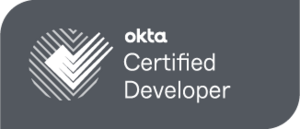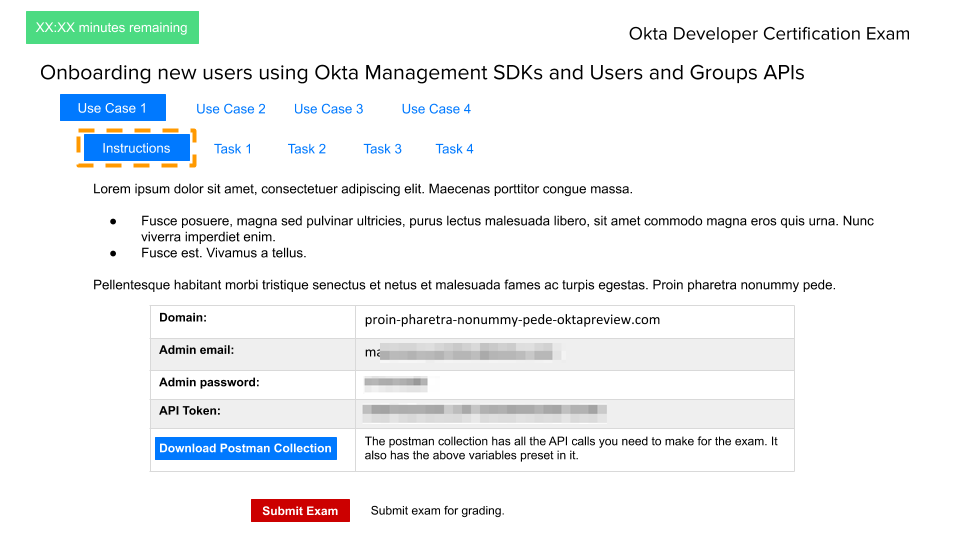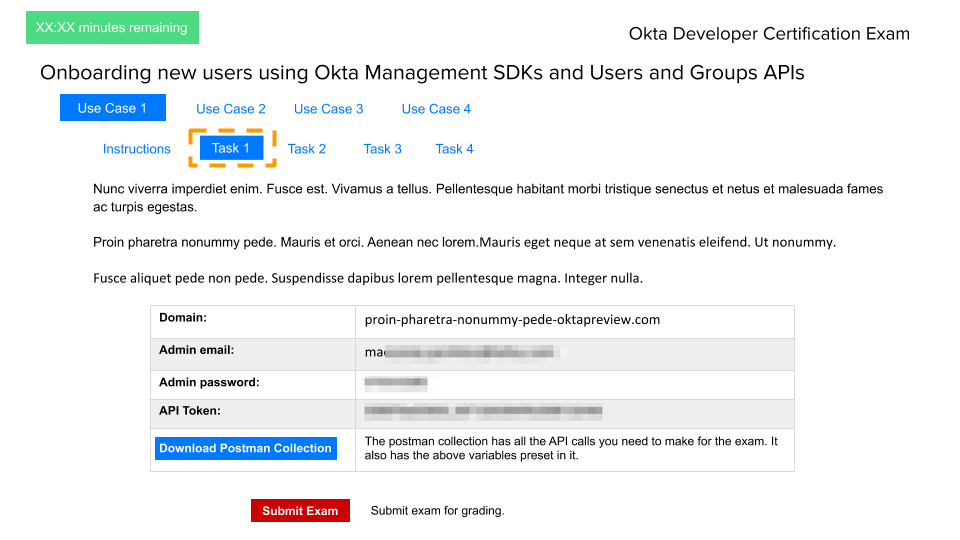Announcing the New Okta Developer Certification


Over the past few months, I have been working on a side project that I am really excited about. If you know me well, you probably know I enjoy using my side projects to help other teams meet their goals (and if you don’t, I am a Senior Security H@X0R at Okta. Check out my blog posts here.)
So, when the Okta certification team asked me to help them build a cool developer certification experience, I did not hesitate to say yes.
Before I tell you more about the new exam and the role I played, I want to remind you about the three well-known certifications Okta already has. The Okta Certified Professional, Administrator, and Consultant certifications have been around for almost four years. You can learn more about these three certifications at https://www.okta.com/certification. They’ve gained quite a bit of attention in four short years from employers and identity experts around the globe. In fact, all three of these certifications are ranked 1st, 2nd, and 6th highest-paying IT certifications worldwide according to Certification Magazine’s 2020 Highest Paying IT Certification.
Today, Okta is releasing its first-ever certification for developers who use Okta, the Okta Developer Certification.
The new Okta Developer Certification was designed and built by developers for developers. It is a two-part exam.
In Part I, exam takers are presented with 45 discrete option multiple-choice (DOMC) questions. Those questions focus on knowledge a developer should have in respect to Okta Customer Identity products.
Part II is a web app that guides you through the practical application of Okta’s APIs. If you’ve ever sat for a developer certification exam, you may have had the experience of having to dredge up reference material from memory. This is not that. Instead, you complete use cases and tasks in the form of API calls against an Okta org that’s created just for you during the exam. This is why I was eager to build the app for the certification team. I wanted developers to have an experience that would make the exam delightful and not just a box to check on a resume.
A use case begins with some general instructions that apply to all the tasks in that use case.

Each task within a use case should be completed in the order presented as tasks build on each other.

You have 60 minutes to complete Part I and 90 minutes to complete Part II. When you finish Part II, you are presented with feedback about how you did on the exam (pass/fail).
NOTE: Once you submit Part II, any additional changes you make to your Okta org will not be counted in the grading of your exam.
The release of the new Okta Developer Exam is timely. For Okta, providing developers with the right tools and services is a strong priority. The Developer Exam experience is topnotch. But, don’t take my word for it. Take the exam and use the feedback feature to let us know what you think.
If you are a developer who uses Okta on a regular basis, I encourage you to pursue the Okta Developer Certification. You’re already building these skills and using them for your work—why not make it official on your resume and LinkedIn profile? The developer exam covers real-world relevant topics. Learn more about the new Okta Developer Exam here, and contact the Okta Certification team at certification@okta.com if you have any questions.
Okta Developer Blog Comment Policy
We welcome relevant and respectful comments. Off-topic comments may be removed.